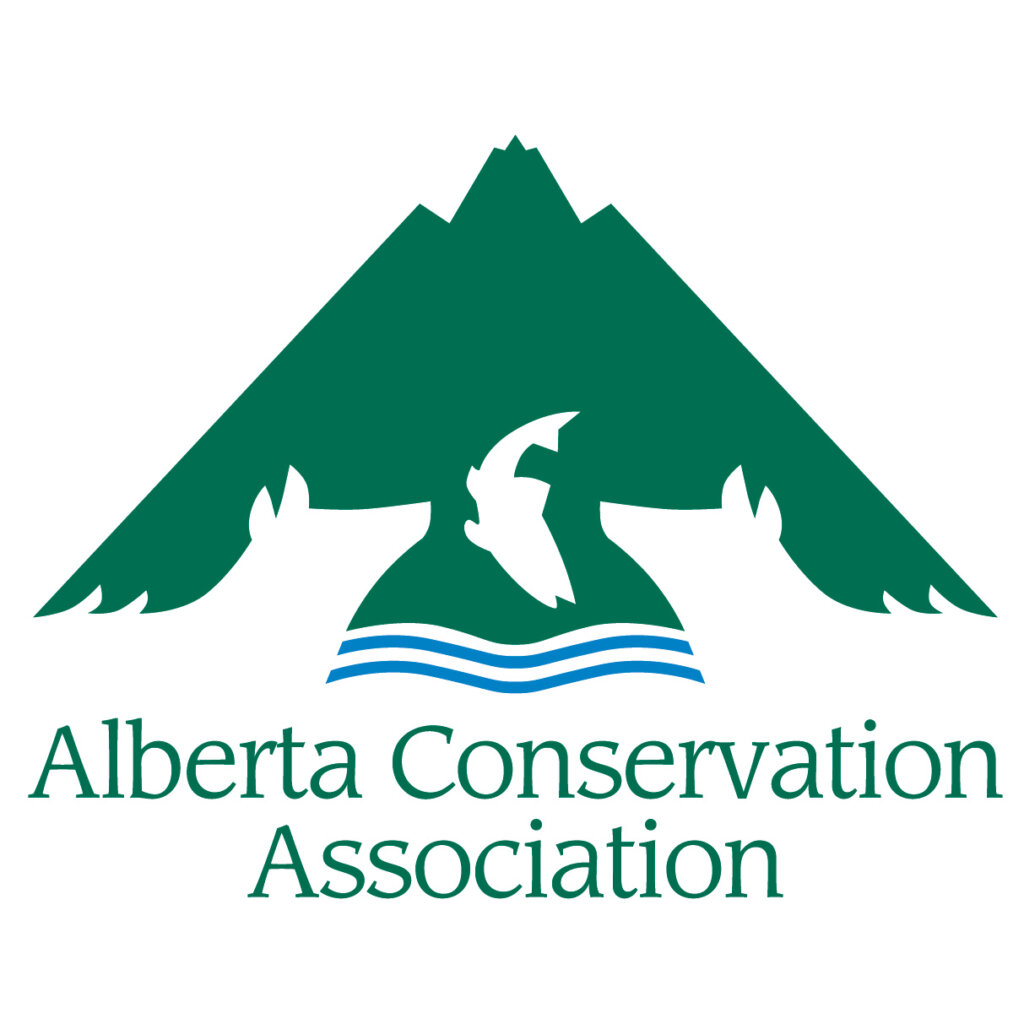AWC Field Season Project Updates
AWC-WPAC, Friday Read, and Project Update | November 2022
Ashley Johnson, Education and Outreach Coordinator
Buckle in folks, this blog post will have a lot of information. We’ve been busy travelling across the watershed since late May, and finally wrapped up our last bit of field work in late October. This post is divided into sections: Athabasca Watershed Shorelines Initiative; Community Drinking Water Resiliency Project; Lake Initiatives; Outreach Activities; and the Upper Athabasca River Watershed Biomonitoring Project.
Athabasca Watershed Shorelines Initiative
- Sarah continues to facilitate the Pembina Technical Working Group (representing 12 different organizations) who are developing a Pembina state of the watershed report and initiating a two-year water quality monitoring project funded by a generous ($80k) donation from Pembina Pipelines.
- Sarah is a member of the ALUS Partnership Advisory Council for Athabasca County, County of Barrhead, Westlock County, and Thorhild County, which just approved 12 riparian and wetland conservation and restoration projects in these counties. The AWC also continues to partner with Highway2Conservation on a planting project at French Creek, a small tributary of the Pembina River. We are also partnering with West Central Forage Association to add educational signage to a riparian area best practices demonstration site on the Pembina River at Sangudo.
- To improve AWC knowledge about riparian restoration, Ashley attended a riparian health assessment workshop in Grande Prairie hosted by Cows and Fish.
- Staff assisted Westlock County and Highway 2 Conservation in a pond leveler installation on Bear Creek, in collaboration with a local landowner.
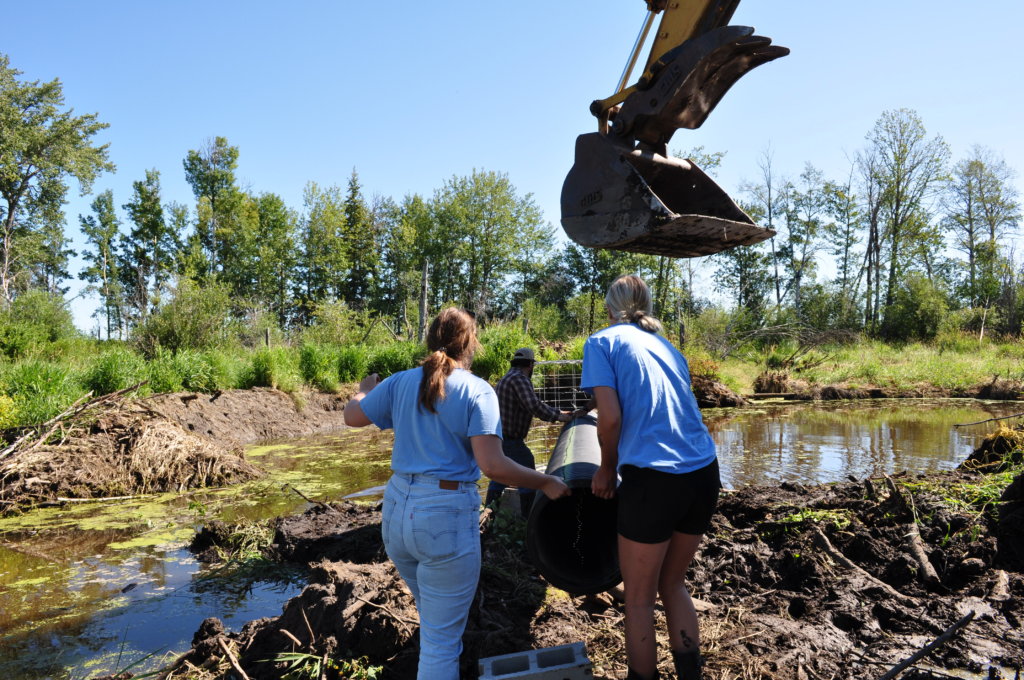
- Staff assisted Highway 2 Conservation with the improvement of a riparian buffer zone on a tributary of the Pembina River, in collaboration with a local landowner.
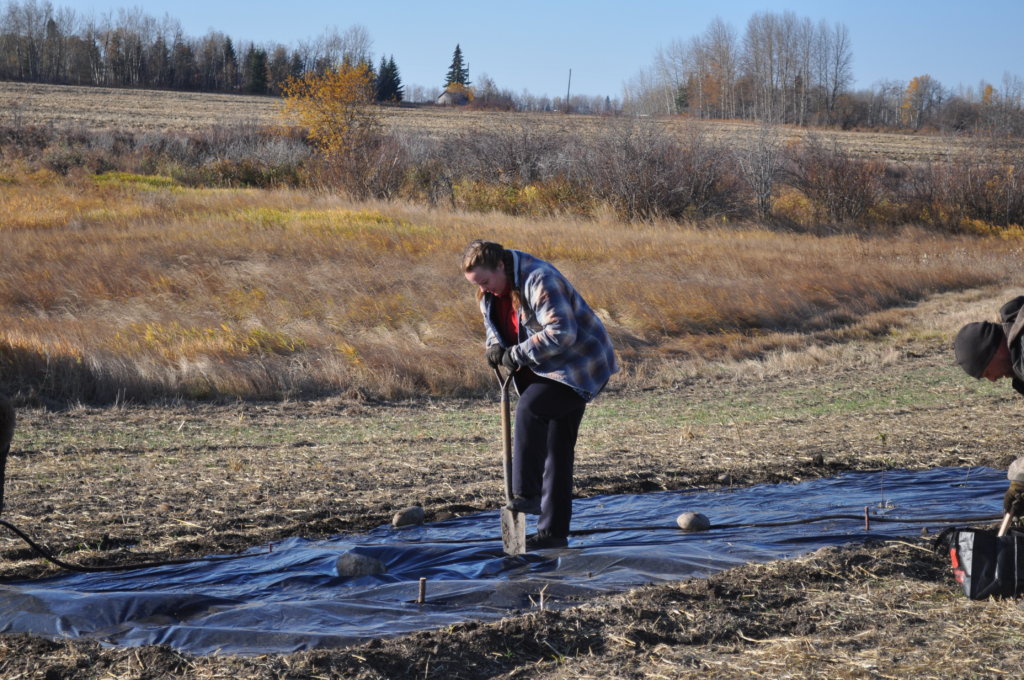
Community Drinking Water Resiliency Project
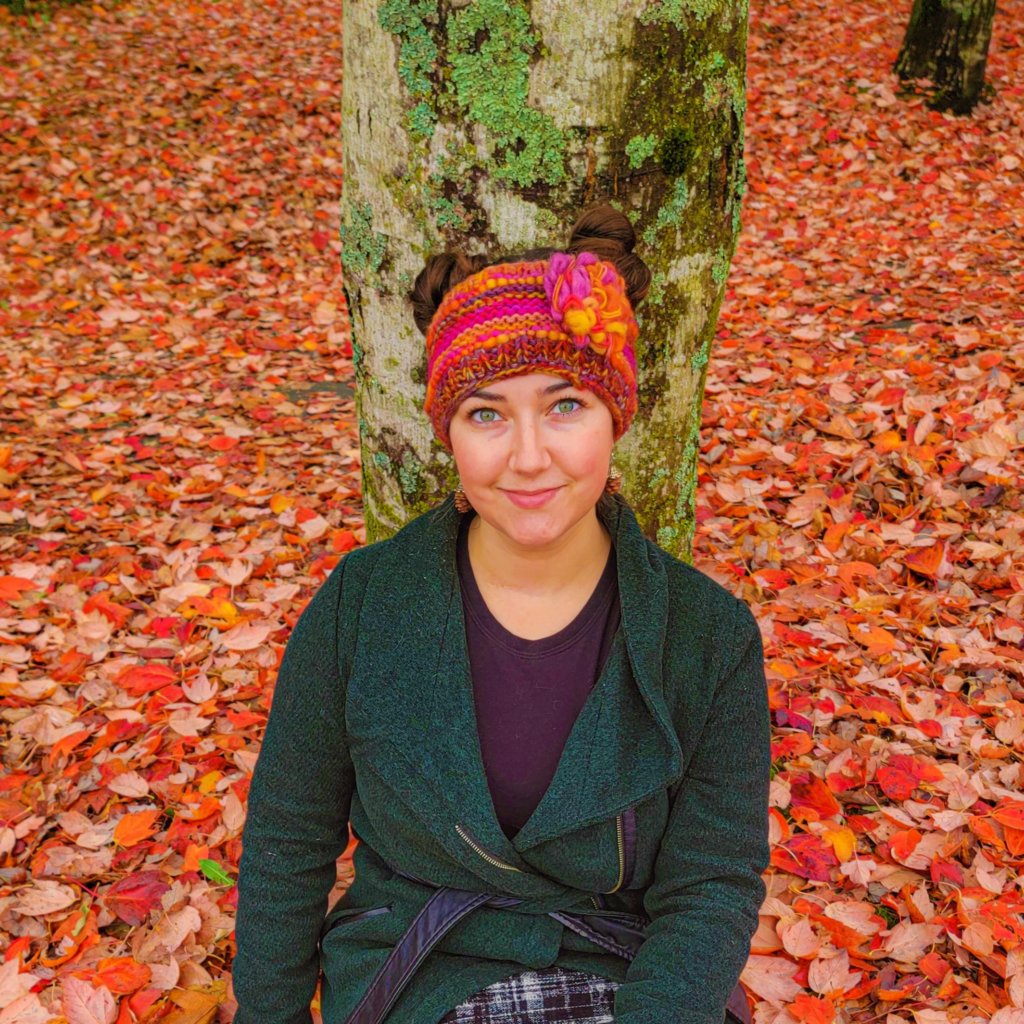
- We are excited to have hired Caity Seifert as an 8-month Intern funded through the University of Alberta Sustainability Council’s Adaptation and Resiliency Training program. Caity will continue and expand upon work on the AWC Community Resilience and Drinking Water program started by SAIT Capstone student Laura Nethery.
Lake Initiatives
- Petra supported the Baptiste and Island Lakes Stewardship Society (BAILs), by giving a presentation at their virtual AGM.
- Staff have been invited to assist with the implementation of the Lac La Biche Lake Management Plan.
Outreach Activities
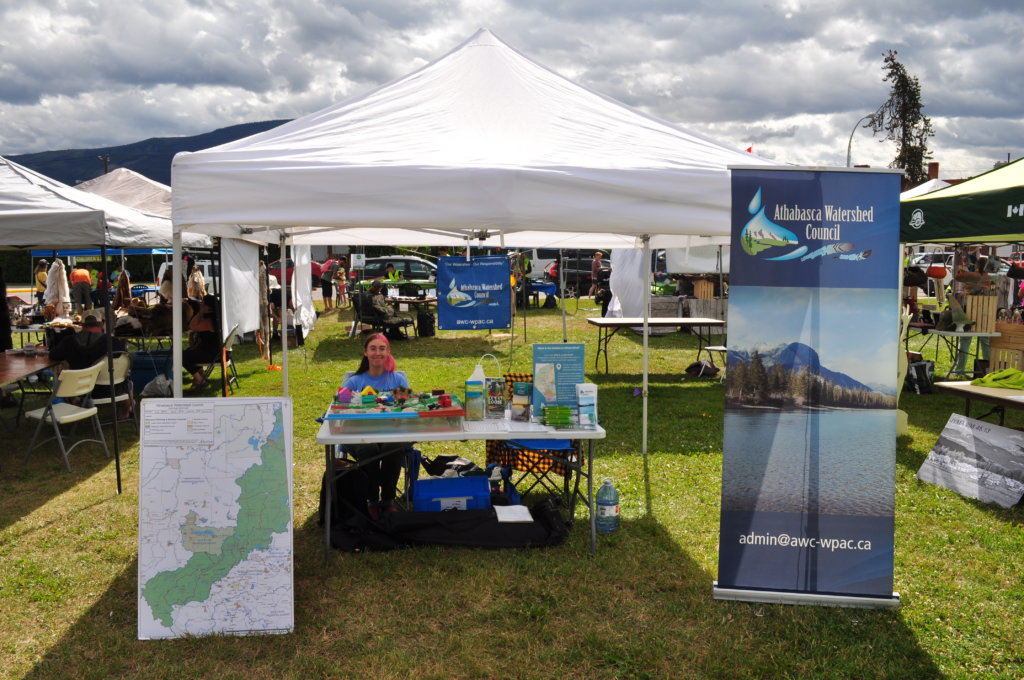
- Throughout the summer staff participated in several outreach events. We participated in pond days with Barrhead County, Woodlands County, and Yellowhead County. We opened up our office in Athabasca (located in the historic train station) for an open house on Canada Day. On July 2nd, Ashley and volunteer Nancy Parker tabled on the grounds of the River Rats Festival on the Riverfront. Ashley participated in an Inside Education Teacher Training Day in Lac La Biche (where Ashley joined board members Laura Pekkola and Brian Deheer). Ashley and volunteer Connor McBeth had an educational display at Parks Day in Jasper.
Upper Athabasca River Watershed Biomonitoring Project
- Ashley has completed her CABIN benthic invertebrate sampling technician training and Sarah has taken a refresher course. Staff did a preliminary trip to the McLeod River headwaters in late August to confirm the location and suitability of several sampling sites.
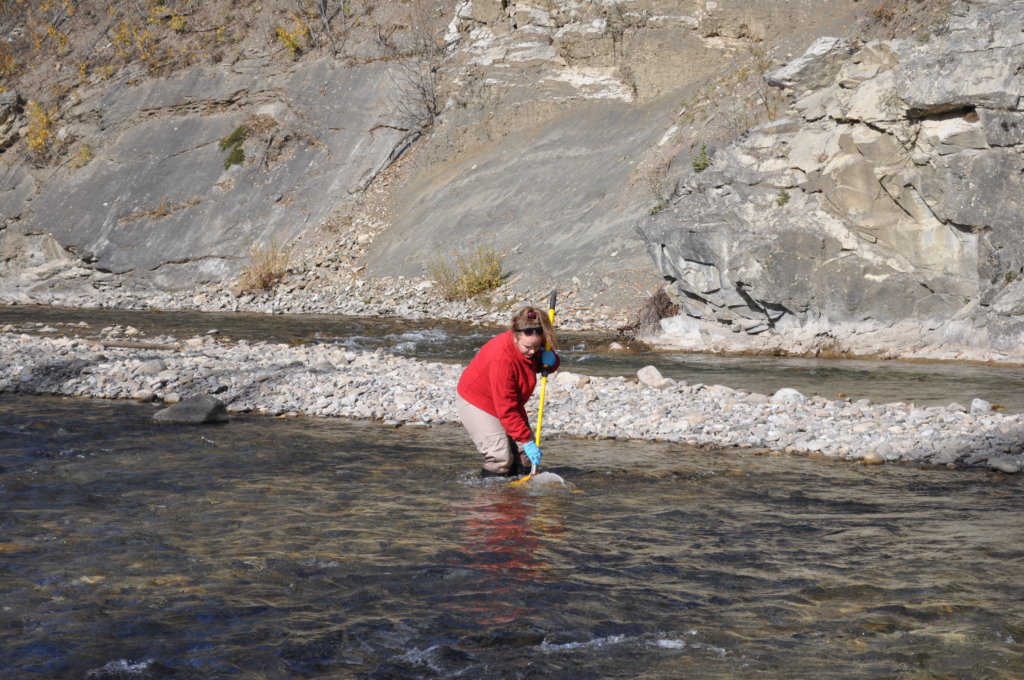
- Staff completed sampling of six sites in the McLeod sub-watershed in early October. Our samples have been sent off to John and Diane with ABI Environmental and the University of Guelph for CABIN and STREAM.
This Upper Athabasca Watershed Biomonitoring Project is financially supported by Alberta Conservation Association.
